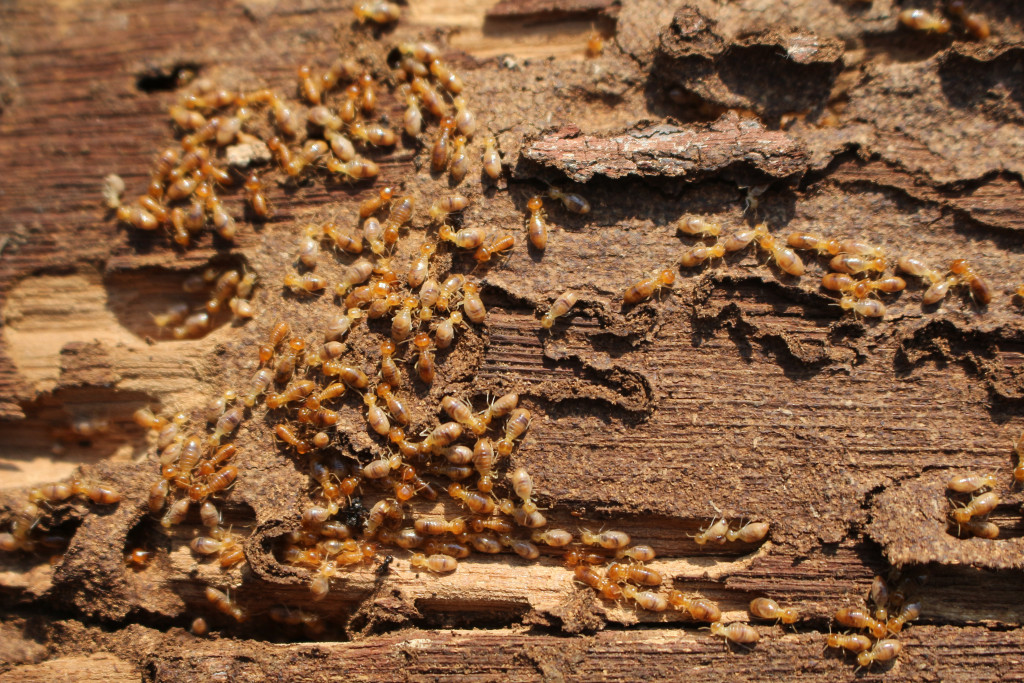- Overwatering, lack of light, pests and diseases, temperature fluctuations, and chemical exposure can all damage indoor plants.
- Root rot can occur from overwatering; use well-draining soil and only water when the top inch is dry.
- Inspect for spider mites, mealybugs, fungus gnats, and termites; use neem oil or insecticidal soap when needed.
- Ensure plants get at least six hours of indirect sunlight a day. Keep them away from drafty areas.
- Avoid toxic chemicals. Instead, use natural cleaning products, essential oils, and organic pest control methods.
Are you passionate about gardening and love spending your free time caring for your indoor plants? Growing indoor plants can be a great way to decorate your living space, purify the air, and reduce stress levels.
However, a few things can damage your indoor garden and prevent your plants from thriving. In this blog, you will learn things that can ruin your indoor garden and how to prevent them.
Overwatering
While watering is crucial for the health of your indoor plants, overwatering can cause them to wilt and die. Overwatering can lead to root rot, a fungal disease that can destroy your plant’s roots, making it unable to absorb nutrients and water properly. To avoid overwatering your plants, use well-drained soil, water them only when the top inch of soil is dry, and don’t let them sit in standing water.
Lack of Light

Light is essential for the growth and development of your indoor plants. Without enough light, they will become leggy, weak, and prone to pests and diseases. However, too much light can also be harmful, especially for plants that prefer low-light conditions. Place your plants near a window that receives bright, indirect sunlight for at least six hours a day to ensure your plants get enough light.
Temperature Fluctuations
Temperature fluctuations can stress your indoor plants and cause them to drop leaves and flowers. Indoor plants thrive in temperatures between 60-75 degrees Fahrenheit, so make sure to keep them away from drafty areas, such as windows and doors, and away from heating and cooling vents.
Chemical Exposure
Exposure to chemicals, such as those found in cleaning products, air fresheners, and pesticides, can be harmful to your indoor garden. Chemicals can degrade the air quality, kill off beneficial microorganisms in the soil, and negatively affect the health of your plants. Make sure to avoid using toxic chemicals in your home, and opt for natural cleaning products, essential oils, and organic pest control methods instead.
Pests
Pests can quickly spread and damage your indoor plants, making it difficult for them to recover. Here are some common indoor pests that can ruin your plants:
Spider mites
Spider mites are tiny, eight-legged pests that feed on the leaves and stems of your plants. They can cause discoloration and yellowish spots to appear on the foliage, making it look unhealthy. To prevent spider mites from infesting your indoor garden, make sure to inspect your plants regularly, keep them clean and dust-free, and separate them from any infested plants.
Mealybugs
Mealybugs are small, white insects that feed on the sap of your plants and leaves. They can secrete a sticky substance called honeydew, which attracts ants and other pests. To prevent mealybugs from invading your indoor garden, use neem oil or insecticidal soap to treat any infested plants.
Fungus gnats
Fungus gnats are tiny, dark-colored flies that feed on the decaying organic matter in your soil. They can cause root damage and weaken the health of your plants. To prevent fungus gnats from taking over your indoor garden, make sure to use well-draining soil and don’t overwater your plants. You can also introduce beneficial nematodes to your soil, which will help control the gnat population.
Termites

Termites are small, wood-eating insects that can cause significant damage to your indoor furniture and plants. To prevent termites from infesting your home, make sure to inspect any wooden objects for signs of damage and keep them away from sources of moisture.
You can also employ the help of a termite fumigation service provider to eliminate any existing infestations. They will also be able to help you take preventive measures to protect your home from future termite invasions.
By being knowledgeable about common indoor pests that can ruin your indoor garden and taking preventive measures, you can keep your plants safe and healthy.
To keep your indoor garden safe and healthy, it is important to be aware of the common pests that can damage or destroy your plants. Proper watering, adequate light exposure, temperature control, and chemical-free environments will all help ensure that your plants remain in tip-top shape.
Additionally, taking preventive measures such as inspecting for signs of infestation are essential steps you should take to protect your indoor garden from pest invasions. With a bit of knowledge and effort on your part, you’ll be able to create a beautiful oasis full of lush green foliage!
